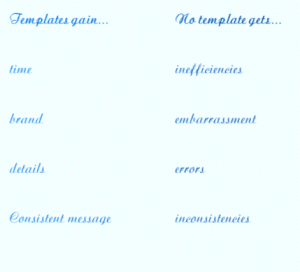Give ideas time to develop
Last night I read a blog post on guest blogging (or SEO outreach) as it is something I am interested in and enjoy doing. There were some great tips in this blog post, but there were also a couple of points that I reacted to.
Post ideas can take time
Researching blogs to offer posts to is obviously an important step in guest blogging, but I disagree with the following statement:
If you don’t have any ideas for articles the first couple of minutes of scanning the website, better spend the next minutes looking for another website to scope out.
Many people will never find a host blog if they used that criteria!
A couple of minutes may show the blog is not suitable for you (eg the wrong topic or demographic) but it often isn’t enough to get ideas. Sometimes I get ideas from the first sentence I read in another blog, but other times I have to read a few posts to get a feel for that blog and allow inspiration to strike.
Creativity is in all of us, and I believe it can be developed, but even so that’s a lot of pressure to state you need to find ideas so quickly while also assessing the blog overall.
Fast fix or quality results?
There’s a business concept about giving clients a choice of two elements – well done, fast or cheap. They can’t have all three options in the same project.
I think that’s true for guest blogging, too. You can do it well – quality writing on well researched blogs to build relationships with bloggers and their audiences – or you can work at getting a lot of posts online in a short time frame.
It’s that old quality vs quantity argument, I guess.
And to be frank, if you give me the impression of trying for maximum posts rather than quality the chances are I won’t accept your guest post. So I would never tell people to only spend a few minutes researching a potential host blog – it looks fast rather than in-depth to me.
Developing ideas
How do you develop ideas, whether for a blog post or anything else?
Do you give up if no idea hits within a couple of minutes?
* Images courtesy of 123RF







Recent Comments